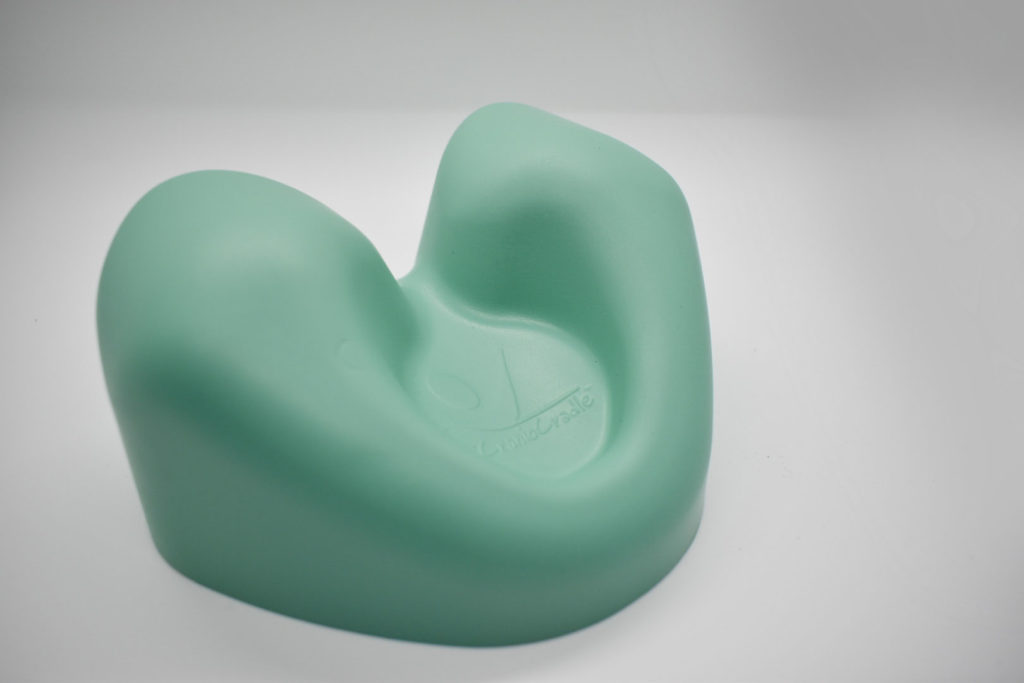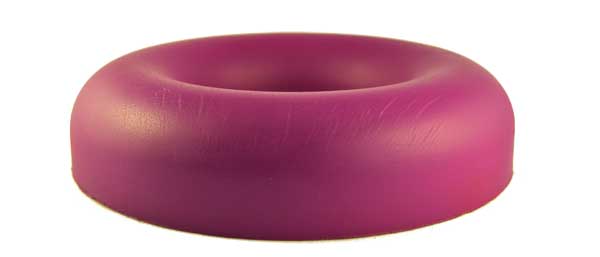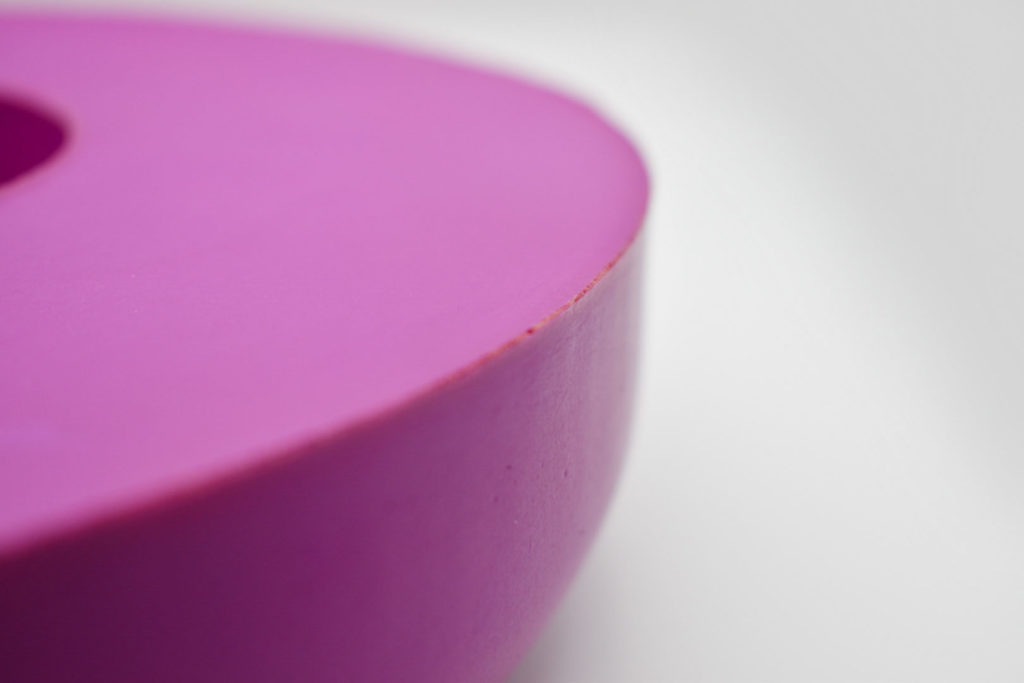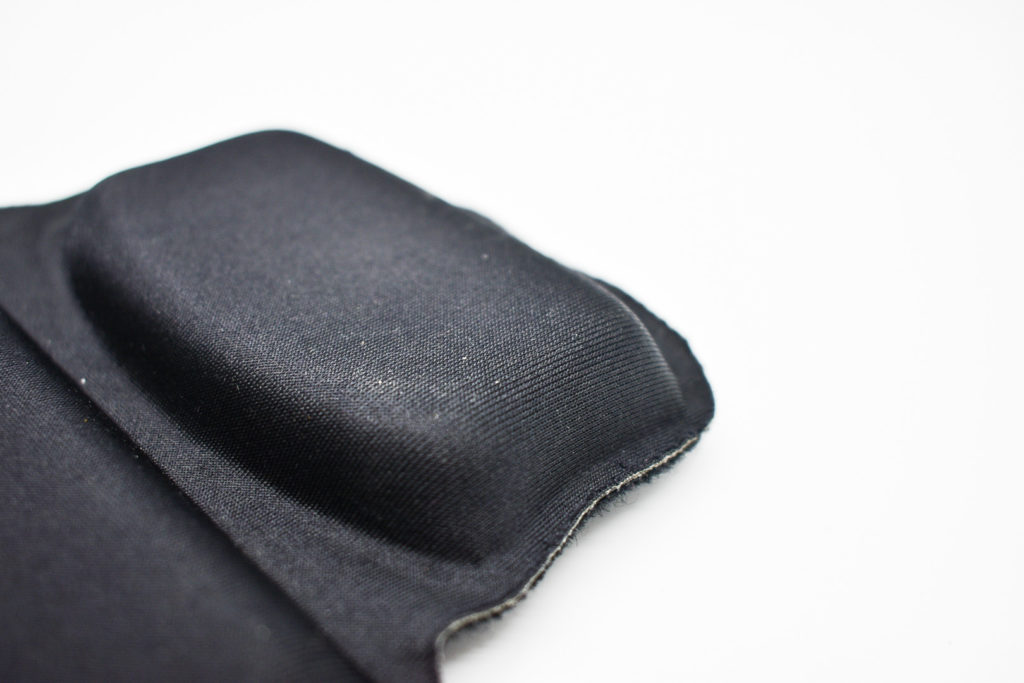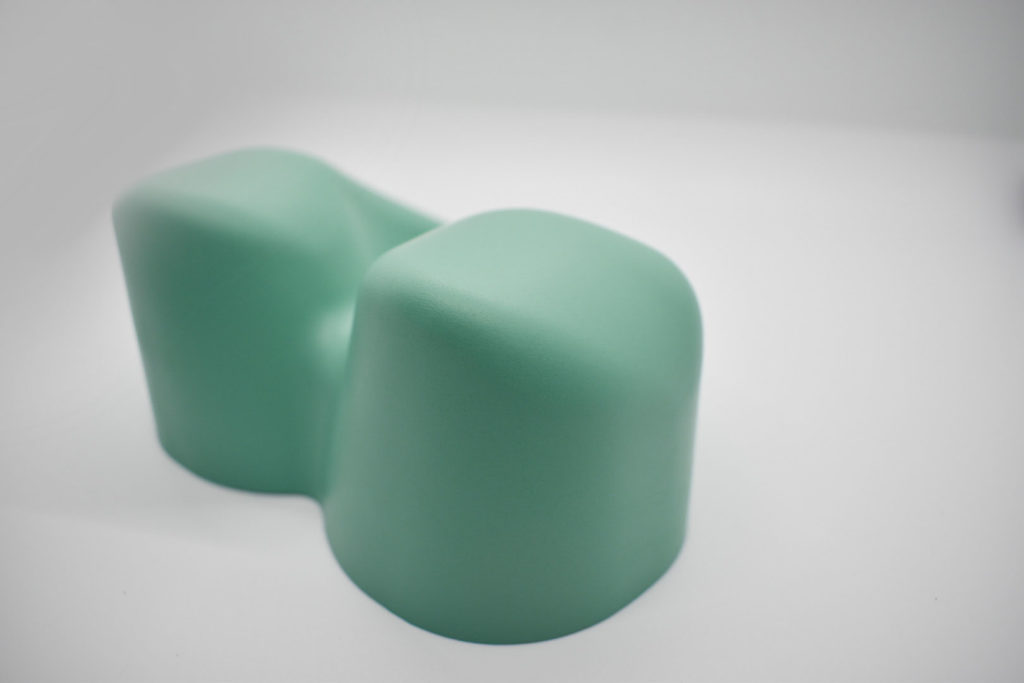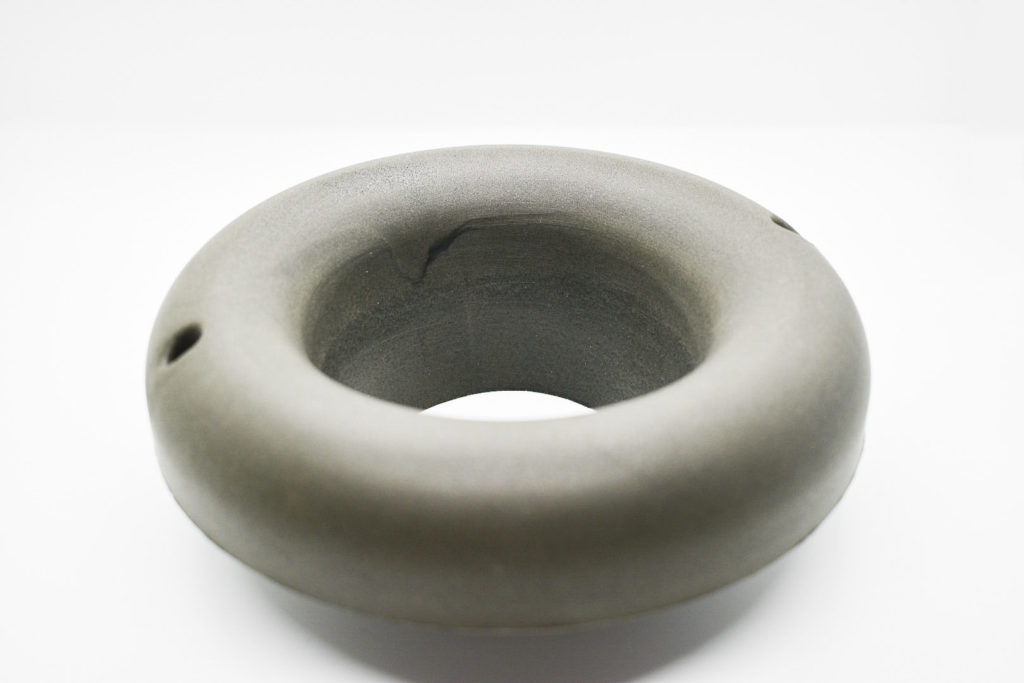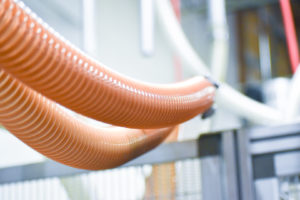Viscoelastic slow recovery polyurethane memory foam exhibits slow recovery time to return to its initial form. It has a low ball rebound, and is a highly conforming PU material. The purpose of viscoelastic polyurethane foam is to ensure a memory style fit, enabled by a slow recovery time to return to original form when compressed or distorted.
Poly Labs manufactures several different Viscoelastic Foams. The compression and strength qualities of each vary, depending upon application.
Advantages of Memory Foam
The advantages of polyurethane memory foam relate to its characteristics of durability, support, pressure relief and impact protection. For one, it is highly energy and impact absorbent. It also is soft to the touch, which allows for the highly conforming material to support, comfort and alleviate pain for those in need. Aside from its texture qualities, memory foam responds extremely well to pressure and heat. This proves especially useful in football helmet applications, in which heat and pressure are constant.
Overall, the benefits and advantages of polyurethane memory foam range depending upon material type (open vs. closed cell), application and chemical formulation. As always, Poly Labs can formulate a material type to fit your exacting application.
Products that use Memory Foam
Initially created by NASA for aircraft seats, memory foam now has a wider range of applications. In current times, the general public knows it as a soft household product that aids with sleep, comfort and support. However, polyurethane memory foam now has a range of applications, including:
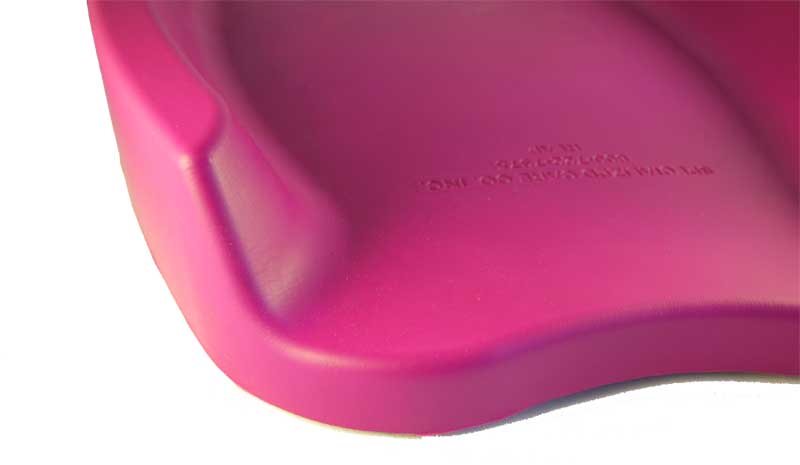
- Comfort focused helmet pads
- Mattresses and mattress pads
- Car and airplane seats
- Sofas and couches
- Keyboard pads
- Pillows
- Spray foam
- Athletic helmet pads
- Medical cushioning products
- Ergonomic support products
- Floor mats
Poly Labs Low Density Viscoelastic Memory Foam U-34
U-34 is a low density viscoelastic slow recovery memory foam. This style is typically used for general seating (office chairs, benches, car seats) applications. It is also used in wheelchair seating applications, as well as various medical padding uses.
Viscoelastic PU Foam U-34 is able to be co-molded with fabric, or in-mold coated. The physical, mechanical and dimensional properties of our U-34 viscoelastic PU foam are as follows:
| Density | 0.12 g/cm³ |
| Tensile Strength | 23 psi |
| Compression Set, 50% at 77°F | |
| Of original thickness | 1.16 % |
| Of original deflection | 2.1 % |
| Compression Set, 50% at 158°F | |
| Of original thickness | 1.89 % |
| Of original deflection | 2.56 % |
| Compression Force Deflection | |
| 10 % | 0.8 psi |
| 20 % | 1.0 psi |
| 25 % | 1.1 psi |
| 50 % | 2.0 psi |
| 75 % | 13.8 psi |
Why Choose Poly Labs?
Poly Labs can manufacture highly conforming polyurethane foams guaranteed to fit your application. Whether you need slow recovery properties with a certain tensile strength, or viscoelastic memory foam with in-mold coating, we will work with you every step of the way.
- Research, Development and Testing – on products, materials and processes
- Insert Molding & In-Mold Coating
- Color evaluation & UV resistance testing
- Mechanical and Physical Property Testing
- Tensile Strength, Compression, Hardness, Elongation and more
For more information about Poly Labs and our PU memory foam solutions, please contact our sales team.

For more information, please contact our sales team to discuss your viscoelastic slow recovery polyurethane foam needs.

